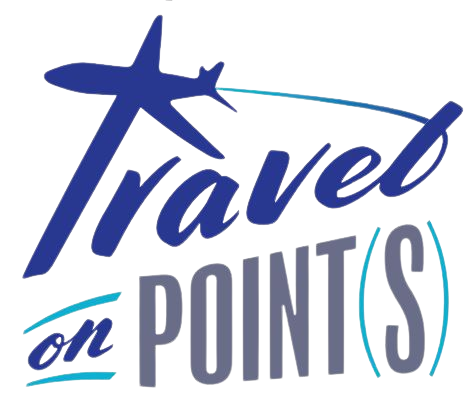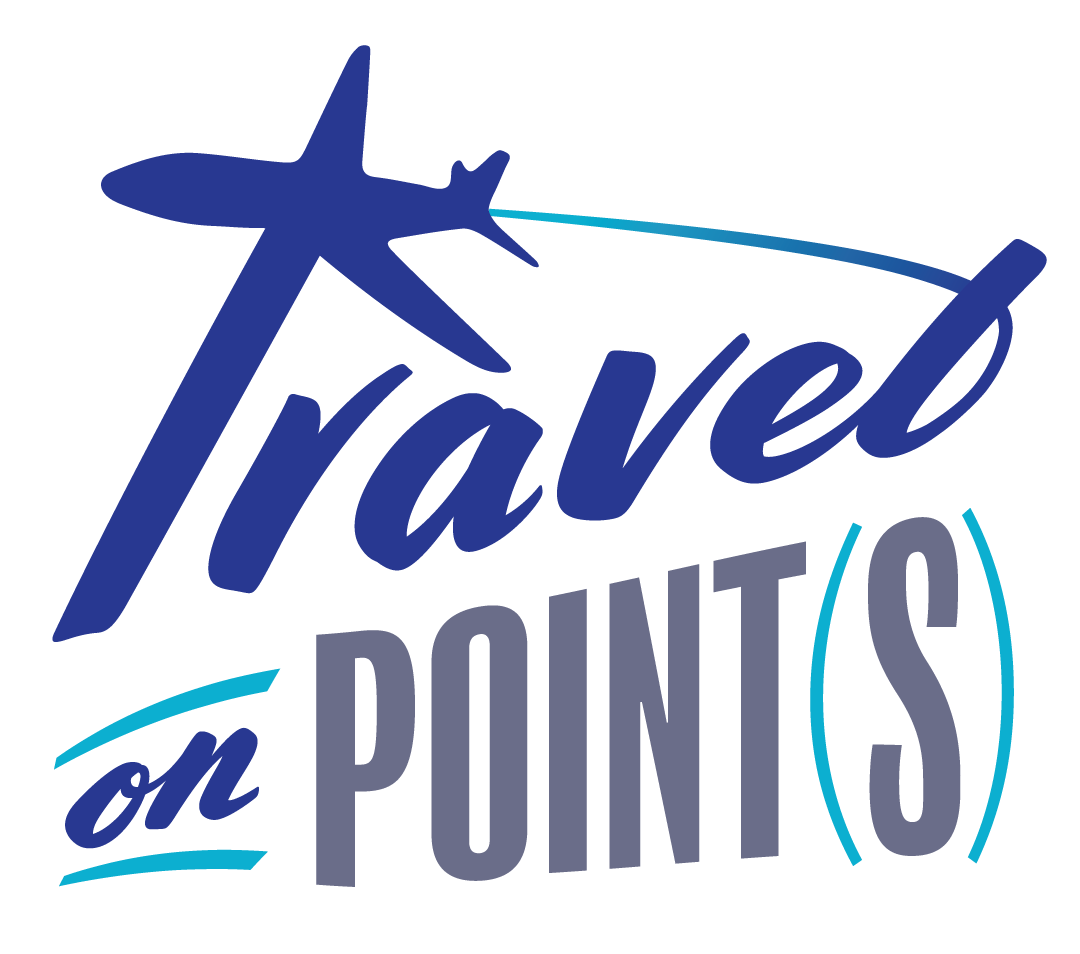We see a lot of questions in our Facebook group about how to best use points for booking travel. Is transferring to airline or hotel partners the right way? What about travel portals? Each method has its benefits and drawbacks. In this post, we walk you through how to make this choice and maximize the value of your credit card points.
Table of Contents
ToggleThree Ways to Use Points
Let's start with a summary of how we can use points for travel. There are generally 3 main ways to use your credit card points. We explain each of them briefly, below.
- Convert them to cash back
- Book travel through a credit card travel portal
- Transfer to a travel partner
Converting Points to Cash Back
Each of the major banks allows you to redeem credit card points for statement credits. To book travel through this option, you would simply charge the booking to your credit card and use that card's points to cover the charge. This is rarely a good idea. The redemption rate is very low, usually at 1.0 cents per point (cpp). This means every 1,000 points will only cover $10 from your credit card statement. Say you want to book a hotel room with a $200 cash price. Through cash back at 1.0 cpp, you would need 20,000 points.
Booking through a Travel Portal
Travel portals work a little like converting points to cash back because points have a fixed value. For example, Chase Ultimate Rewards points can be redeemed for either 1.25 cpp or 1.5 cpp through Chase's portal, depending on whether you have a Chase Sapphire Preferred (CSP) or Chase Sapphire Reserve (CSR).
The biggest advantage for booking through a travel portal is that it is easy. You don't have to search for availability. You don't have to transfer to airline or hotel partners. It really is almost like converting points into cash.
But the disadvantages for travel portals are big. If your flight gets canceled by the airline, you won't be able to deal directly with the airline. The travel portal operator stands between you and the airline. This is similar to booking a flight or hotel through Kayak or Expedia. A problem that could have been resolved through one phone call to the airline becomes a game of telephone between you, the travel portal operator, and the airline. Members of our Facebook group have shared many horror stories about dealing with travel portals when travel plans get changed.
Transferring to Travel Partners
We've explained before how transferring to travel partners will almost always get you the most value out of your credit card points. The biggest hurdle for booking a flight or hotel with points or miles is availability. If there are no award seats or hotel rooms bookable with points available, then could be out of luck.
The biggest benefit of transferring to partners is that divorce your points from a fixed value. As shown above, cash back and travel portals assign a fixed value to your points (usually anywhere from 1.0 cpp to 1.5 cpp, depending on the method). But once transferred to a partner, your points can yield value independent of the cash price of the flight or hotel you book.
A Real-Life Example
Let's take a recent example of a Hyatt stay booked through points and see how each method would work. When Derrick and Sarah stayed at the Hyatt Regency Coconut Point Resort & Spa, the cash price for rooms was $868.40 (after all fees and taxes). Here is how each of the 3 options above would play out for this booking if we were to use Chase Ultimate Rewards (URs).
1) Converting points to cash back. By converting points to cash back, you could book direct through Hyatt and pay $868.40 cash and use 86,840 UR to get a statement credit. This would yield a value of 1.0 cpp. You would earn 1,737 URs if you charged this to your Chase Sapphire Preferred (2x for travel). This means your out of pocket UR points used would be 85,103. Non-elite Hyatt members earn 5x points per dollar on paid stays, so you would also earn at least 4,342 Hyatt points and would be eligible for member benefits.
2) Booking through the Chase portal. Points are worth 1.25 cents each (for Chase Sapphire Preferred holders) or 1.5 cents each (for Chase Sapphire Reserve holders). to cover the room's rate of $868.40, you would need 69,472 URs with a CSP or 57,894 URs with a CSR. Booking through the Chase portal is a third party booking, meaning you generally would not enjoy elite benefits or receive Hyatt points for your stay.
3) Transfer points to Hyatt. For this option, you would start by searching and confirming award availability on Hyatt's website for the dates you want. Once you find availability, you would transfer your Chase URs to Hyatt. Transfers are processed instantly. The Hyatt Regency Coconut Point is a Category 5 hotel, which requires 20,000 Hyatt points per night (or 17,000 during off-peak and 23,000 during peak). Since URs transfer to Hyatt at a 1:1 rate, you would only need 20,000 URs for a standard stay. And since you're booking directly through Hyatt, you would be eligible to enjoy elite benefits and earn elite night credit for your stay. On top of all that, Hyatt waives resort fees and taxes for award stays.
So which of these three options is best? Over 86,000 URs, over 69,000 URs, or 20,000 URs? No wonder transferring to travel partners yields incredible value.
Analysis
In the example above, transferring URs to Hyatt is the clear winner. Meanwhile, the cash back option is the worst option by a longshot. Even though you would earn a few URs and Hyatt points by booking direct, the amount of URs needed to cover the statement credit is just too much to justify. By transferring to Hyatt, you could book 4 nights at this Hyatt Regency for every one night booked via cash back.
This is not to say that transferring to partners is always the best or only option. Award availability may not always be there. Also, different credit cards offer benefits that could make sense to book through their travel portal. For example, the American Express Platinum card offers an annual $200 credit for Fine Hotels & Resorts bookings.
Final Thoughts
Regardless of your travel plans, it's important to take a moment to crunch the numbers. This helps you avoid using 80,000 points for a hotel room that could have only cost you 20,000 points. There is no one-size-fits-all approach to using points, but thinking through your redemption is key to maximizing your points.
How do you decide on the best path to use your points? Do you have any questions about how to maximize your points for an upcoming trip? Join the discussion in our Facebook group!








